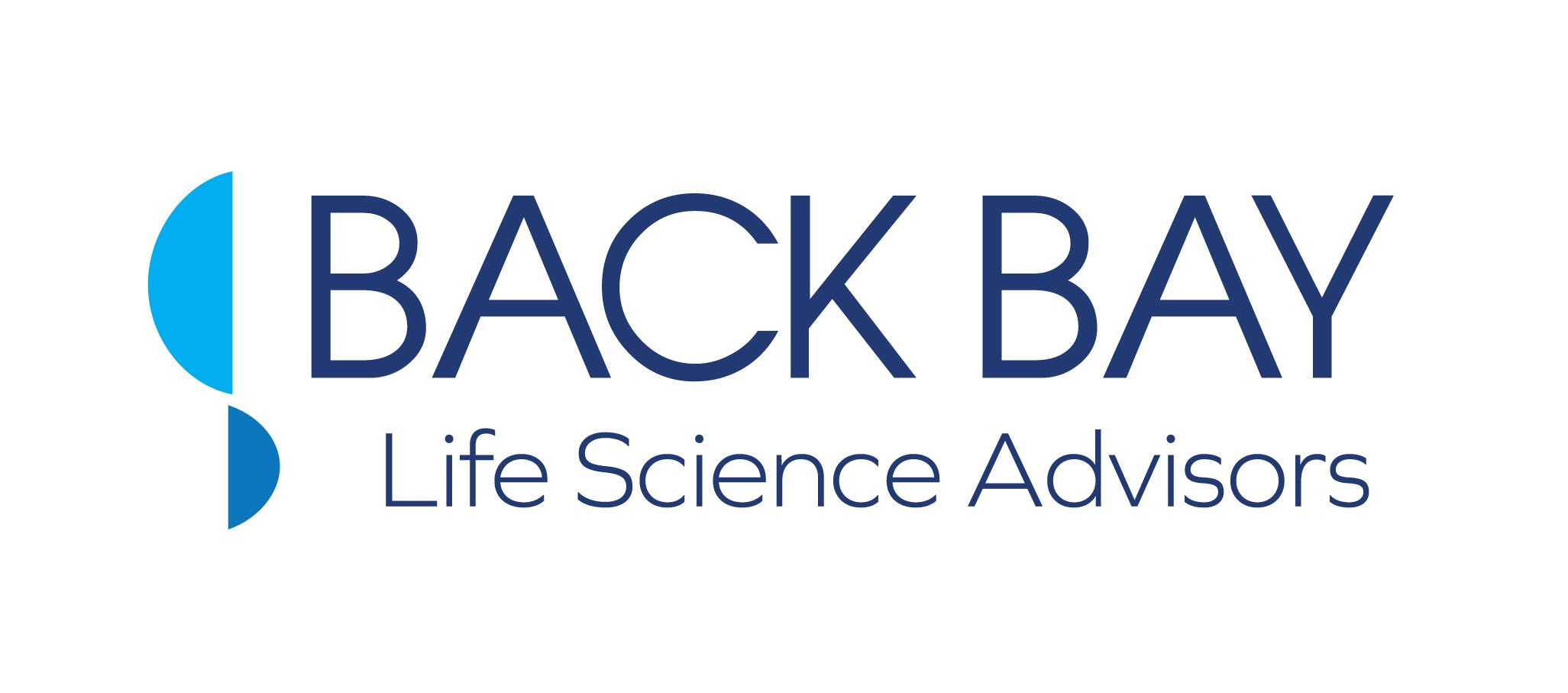INDUSTRY NEWS & INSIGHTS
With biopharma pouring more money than ever into weight loss medicines, physicians would like to see improved GLP-1 drugs. But the goals of the two parties are not in full alignment, according to a new study from financing partner DNB Markets and strategic advisory firm Back Bay Life Science Advisors.
As 2024 drew to a close, a surge of Chinese dealmaking led many industry watchers to wonder if a transformative shift in the biotech industry has begun—one that could profoundly impact the future of early-stage drug development.
The field of RNA biology has seen significant clinical development activity and technological advancement in recent years. Coding RNAs, in particular, act as messengers on behalf of DNA to induce expression of the more than 20,000 proteins that provide most of the structure and function in human cell biology.
The year 2022 was a watershed year for the radiopharmaceuticals space with 25 strategic transactions and $527M invested from the VC community. Despite an overall downturn in the biotech market in the 2022-2023 timeframe, the strategic and VC activity within the radiopharmaceutical space has remained relatively strong. Indeed, the average raise for radiopharma sponsors in 2023 was $51M, which eclipsed that of 2022, $38M.
The ability to facilitate the growth and expansion of mammalian cells in vitro has been at the backbone of a wave of therapeutic innovations in the biotech space. Increasingly the know-how, materials, and equipment to harness cells as factories to produce complex proteins for therapeutic uses is being directed toward consumer applications.
A growing body of pre-clinical and clinical research has implicated the influence of bacteria on human health which over the last decade led to a flurry of venture capital and biopharma interest. The collection of non-human cells living within the gut, skin, and other tissues (collectively referred to as “microbiota” or the “microbiome”) has a profound influence on maintaining normal physiologic function (homeostasis).
A growing body of pre-clinical and clinical research has implicated the influence of bacteria on human health which over the last decade led to a flurry of venture capital and biopharma interest. The collection of non-human cells living within the gut, skin, and other tissues (collectively referred to as “microbiota” or the “microbiome”) has a profound influence on maintaining normal physiologic function (homeostasis).
Over the last five years, multiple gene therapies have been approved by regulatory agencies and a bolus of late-stage pipeline assets are approaching the market. As the first few gene therapies realize their potential as transformative treatments for the genetic rare diseases, the space is seen as a crucial part of growth for the biopharmaceutical industry. However, as the first gene therapies began to post early wins, several technical and commercial challenges emerged.
Over the last decade, NASH has remained a graveyard for drug development. To date, there are no disease-specific approved therapies on the market. Companies in the dash for a NASH breakthrough may require strategic repositioning to maximize asset value in the near-term. In our latest white paper, Back Bay Life Science Advisors analyzed the opportunities and challenges ahead for companies seeking a NASH breakthrough.









